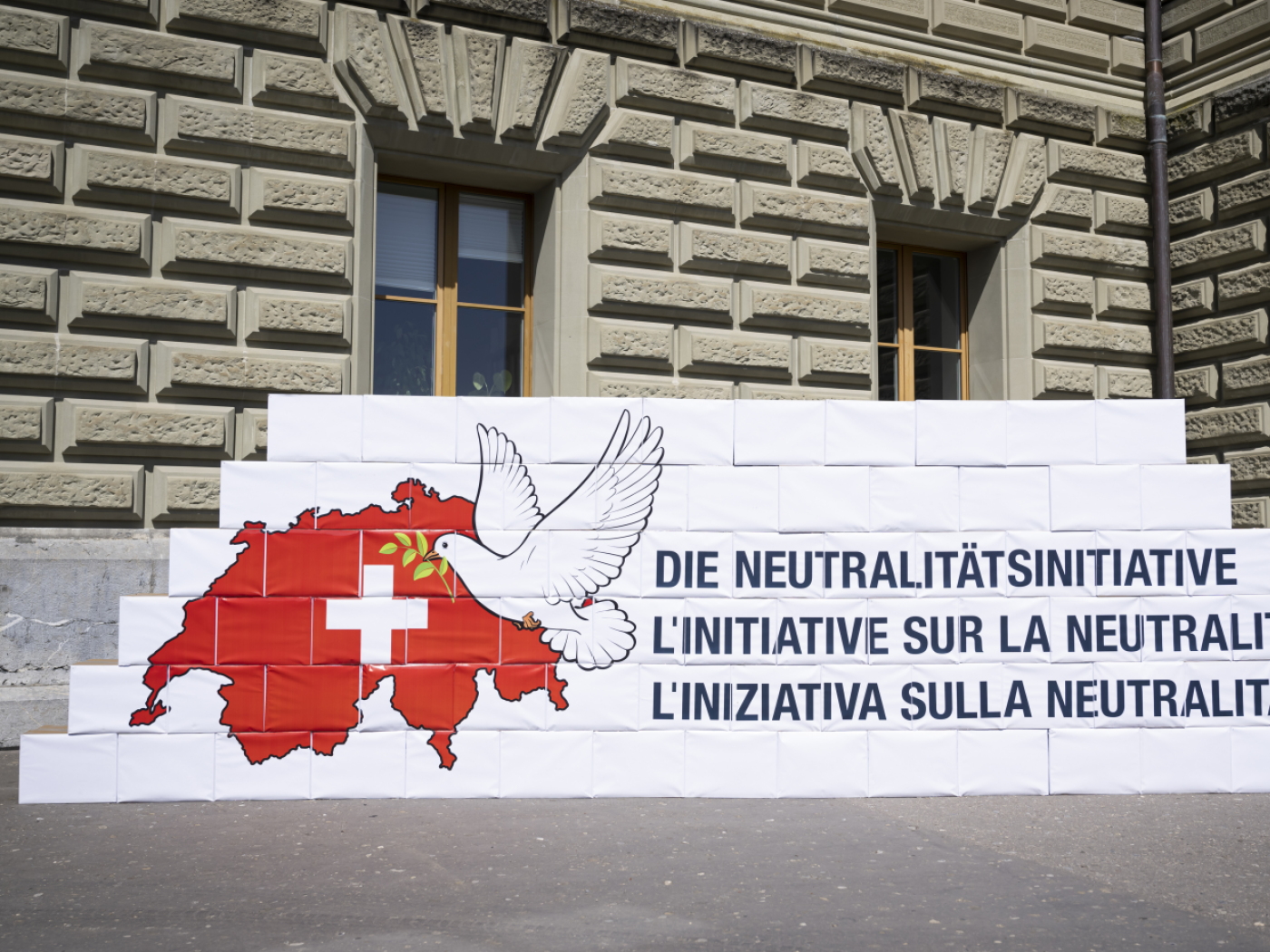
Youth parliaments – the springboard of Swiss democracy
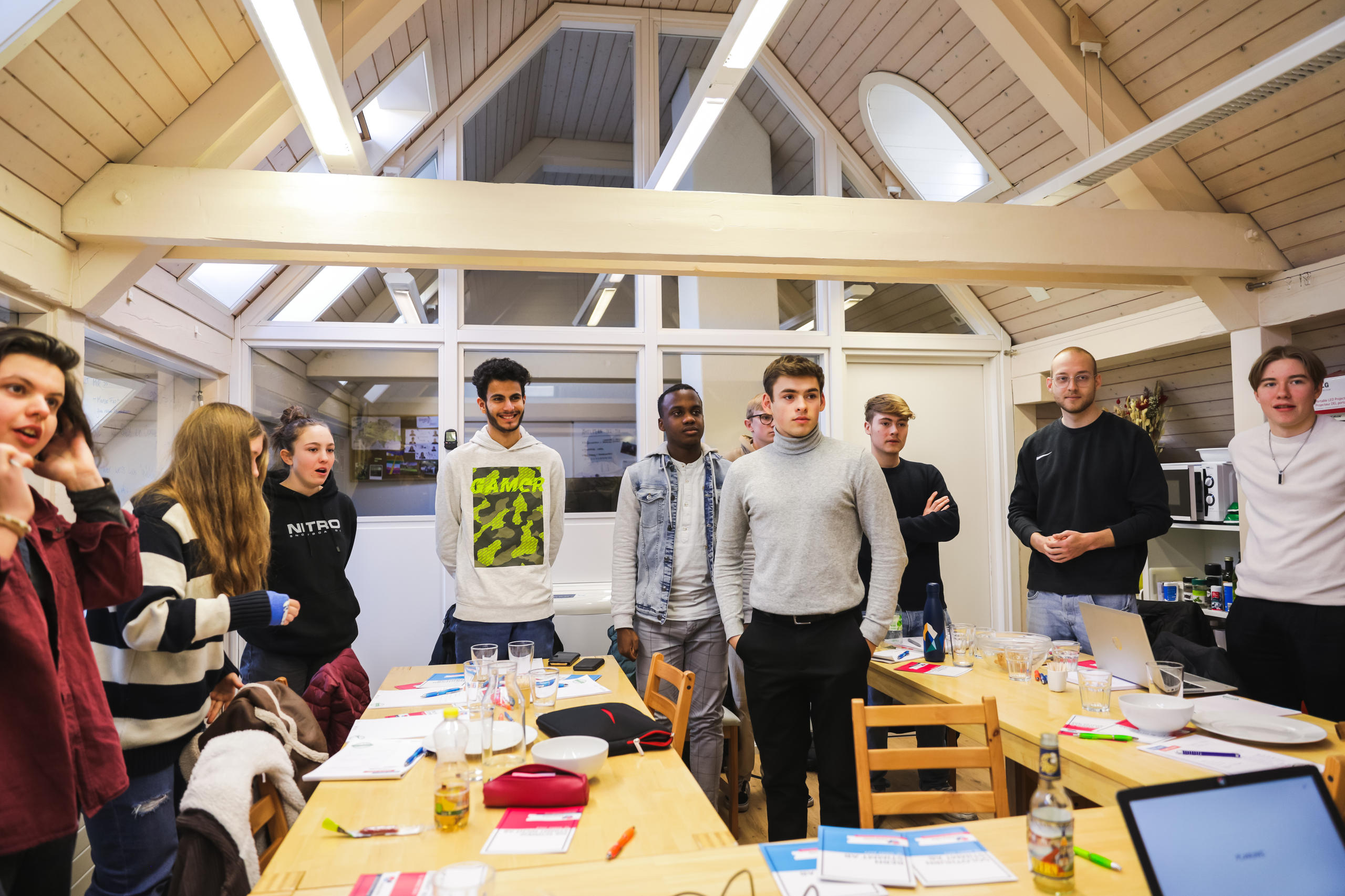
Switzerland is the democracy with the most referendums worldwide, but the country does little to prepare young citizens. Youth parliaments fill this gap allowing 15- to 25-year-olds to learn the ropes of politics.
“When young people reach the age of 18 and are invited to a young citizens’ ceremony by their local municipalities, they are supposed to be well-prepared to take part in referendum votes and elections,” says Patricia Mutti on the sidelines of a youth politics workshop held in Bern. “Yet in Switzerland the young get hardly any political education from the state that might prepare them for their responsibilities.”
Political education in Switzerland largely falls within the realm of self-responsibility. Swiss citizens aged 18 and over are entitled to vote at the federal level; just two out 26 cantons allow those 16-years and older a say on local matters. The aforementioned “young citizens’ ceremony” is a symbolic event at which local municipal councils in Switzerland admit 18-year-olds to exercise their political rights.
If a young person wants to get involved in politics, they have three options: youth wings of established political parties, protest movements, and youth parliaments. The latter are a kind of training camp without a coach. What they achieve hinges on the members’ own motivations, drive, and capacity to organise. Self-reliance is required from the outset.
Mutti, herself a former youth parliamentarian, believes in the importance of preparing young citizens to take on politics. And so, she is involved with the Federation of Swiss Youth Parliaments, a politically neutral education centre. It offers advice and educational activities to the members of approximately 80 youth parliaments in Switzerland and Liechtenstein.
SWI swissinfo.ch joined a two-day workshop held by the organisation in Bern. There 30 young people from German- and French-speaking Switzerland learned social media tactics and the basics of good political communication. Participants shared with us how and why they got involved in youth politics; and what they gained.
Serendipity, skills and political ambition
For some, chance played a role. For others, joining was the outcome of deeper deliberations. Thomas Stucki, 18, joined the Oberaargau youth parliament in canton Bern at the suggestion of his girlfriend. “I went along, found it cool, and stayed,” says Stucki, who now values the opportunity to network and organise events. “It’s just fun to meet other young people, like at the workshop here.”
Alessio Fiorante, 18, found a place to gain marketable skills while tapping into a supportive community. “I took the chance to take over the job of cashier,” says the member of the Koeniz youth parliament near Bern. “That way I can learn to deal with finances in a relaxed atmosphere.”
Nicolas Mauron has been a member of the youth parliament of canton Bern for 18 months. He also found it a good a place to polish basic skills – such as speaking in public with confidence. “Now I can enter a room with 50 strangers and start talking to people,” he says. The experience has also allowed him to deepen his knowledge of how the political system in Switzerland works.
“I am very interested in politics and highly motivated, so I decided to join the Grenchen [municipality] youth parliament,” says Mirjam Zoss of canton Solothurn. This 16-year-old, who just started a few weeks ago, sees the opportunity as a “very good starting-point, for maybe joining a [political] party later”.
Political culture, but no preparation
Many question whether political education in Swiss schools is given the attention it deserves. Switzerland stands out in the world for its system of direct democracy that allows citizens a high degree of participation in policymaking. On average, Swiss citizens are invited to vote four times per year to decide on over a dozen issues.
“Direct democracy and democratic discussion form the basis of the political culture of Switzerland,” says Stefanie Bosshard, manager of Swiss Democracy Foundation and a former director of the Federation of Swiss Youth Parliaments. “To date, there is no vehicle whatsoever available at the federal level to promote civic education in schools.”
Political education is one of those issues that falls through the cracks of Swiss federalism. Proposals raised at the federal level tend to be rejected on lack of competence grounds, while the cantons dodge the issue referring it back to Bern. All that wrangling makes it hard to bring about change and that has domestic but also international implications.
“Understanding the Swiss political system is also important for forming an opinion about political affairs in Europe and the world at large,” stresses Bosshard, especially given the decline of democracy and rise of authoritarianism around the world. “Interest in rights we take for granted often increases when they are under threat. The war in Europe should be a stimulus for the teaching of democratic values and strengthening of political education in Switzerland.”
Children’s and youth parliaments exist not just in Switzerland but also in Germany, Austria, France, Italy, Belgium, Poland, Great Britain, Estonia, Latvia, Lithuania, Norway, Finland, Denmark, The Netherlands and the Czech Republic. Here are some examples:
Germany: Around 500 children’s and youth parliaments (“KiJuPa”) at the municipal level.
Austria: The Vienna University Children’s Office in collaboration with the national parliament organises youth and apprentice parliaments. They offer practical insights into parliamentary life through role-playing.
Finland: National children’s and youth parliament for 15- and 16-year-olds.
Luxembourg: Youth parliament for 14- to 24-year-olds.
Delegations from 40 countries are represented in the European Youth ParliamentExternal link. The network is under the patronage of the President of the European Commission, Ursula von der Leyen, and the President of the European Parliament, Roberta Metsola.
Plugged into politics
Despite their emphasis on self-reliance and responsibility, youth parliaments are by no means free-floating oases for young people on a quest for political meaning.
Jonathan Lichtsteiner joined the youth parliament in the city of Lucerne three years ago and is a regular at all kinds of meetings. “I like the frequent contact with city hall and with the youth wings of the parties,” says the 18-year-old who first ventured into politics in the city’s children’s parliament ten years ago. Lichtsteiner took away a key experience from those early years.
“As a ten-year-old in the children’s parliament, I was able to help the city restore a dilapidated playground,” he says. “Today, I walk past it every day on my way to school, and that gives me a good feeling.”
The opportunity to make that kind of a difference and be firmly anchored in adult political processes was valued by many of the youth parliamentarians we spoke to in Bern. “It’s cool that we are taken seriously by the politicians we deal with and can talk with them on equal terms,” says Mohammed Messai, a member of the Grenchen commune youth parliament and the youth parliament of canton Solothurn.
The benefits are not one-sided. Youth parliaments are also important political resources for governments, cultural institutions, and civic organisations. It allows them to know what young people are thinking and are even a talent pool for projects. Ali Yasser of the Lausanne youth parliament says their collaboration has been sought out by the city administration as well as the famous Théâtre de Vidy.
“Children and youth may not have the vote yet,” Mauron concludes, “but it is all the more important that they be integrated by means of youth and children’s parliaments.”
Worldwide there is a crisis in democracy. For the past 15 years there has been a trend towards authoritarianism and dictatorship.
Switzerland remains a haven of stability. The government ministers from different parties work together cooperatively, and early elections never need to be called. Voters can express their views in initiatives and referendums more than in any other country.
Yet the history of Swiss democracy is also a chequered history of voting rights. When the first federal republic was established in 1848, only 23% of the population were entitled to vote. For most of its short history Swiss democracy excluded half the population – women got the vote only 50 years ago. To this day, many residents of Switzerland have no political rights.
Accordingly, SWI swissinfo.ch has started a series on political inclusion. We review debates and discussions about who can have their say in Switzerland and how much say they actually get. We interview experts. We profile individuals and movements working for greater political inclusion of particular groups, minorities, and marginalised people in Switzerland.

In compliance with the JTI standards
More: SWI swissinfo.ch certified by the Journalism Trust Initiative










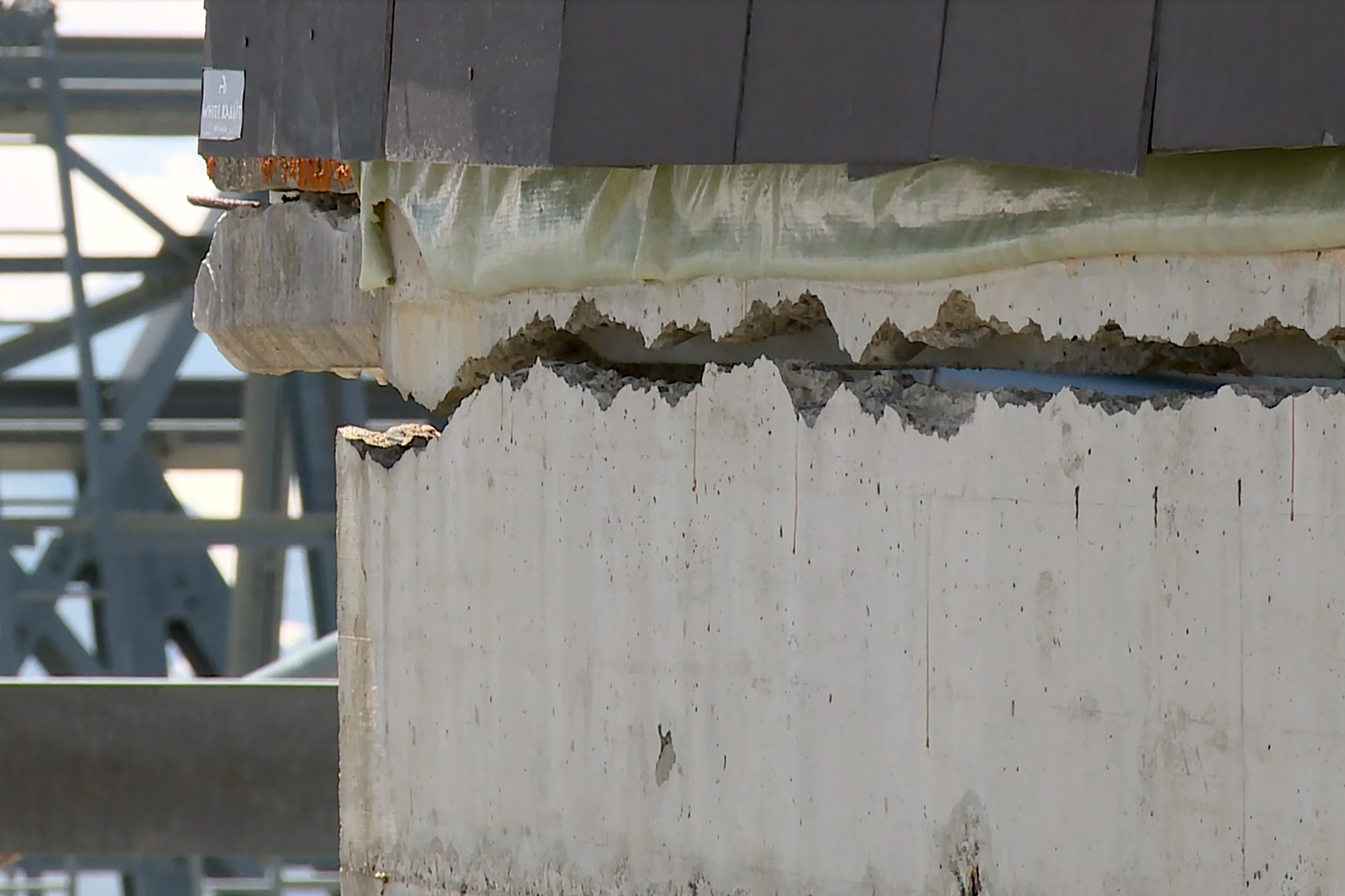
















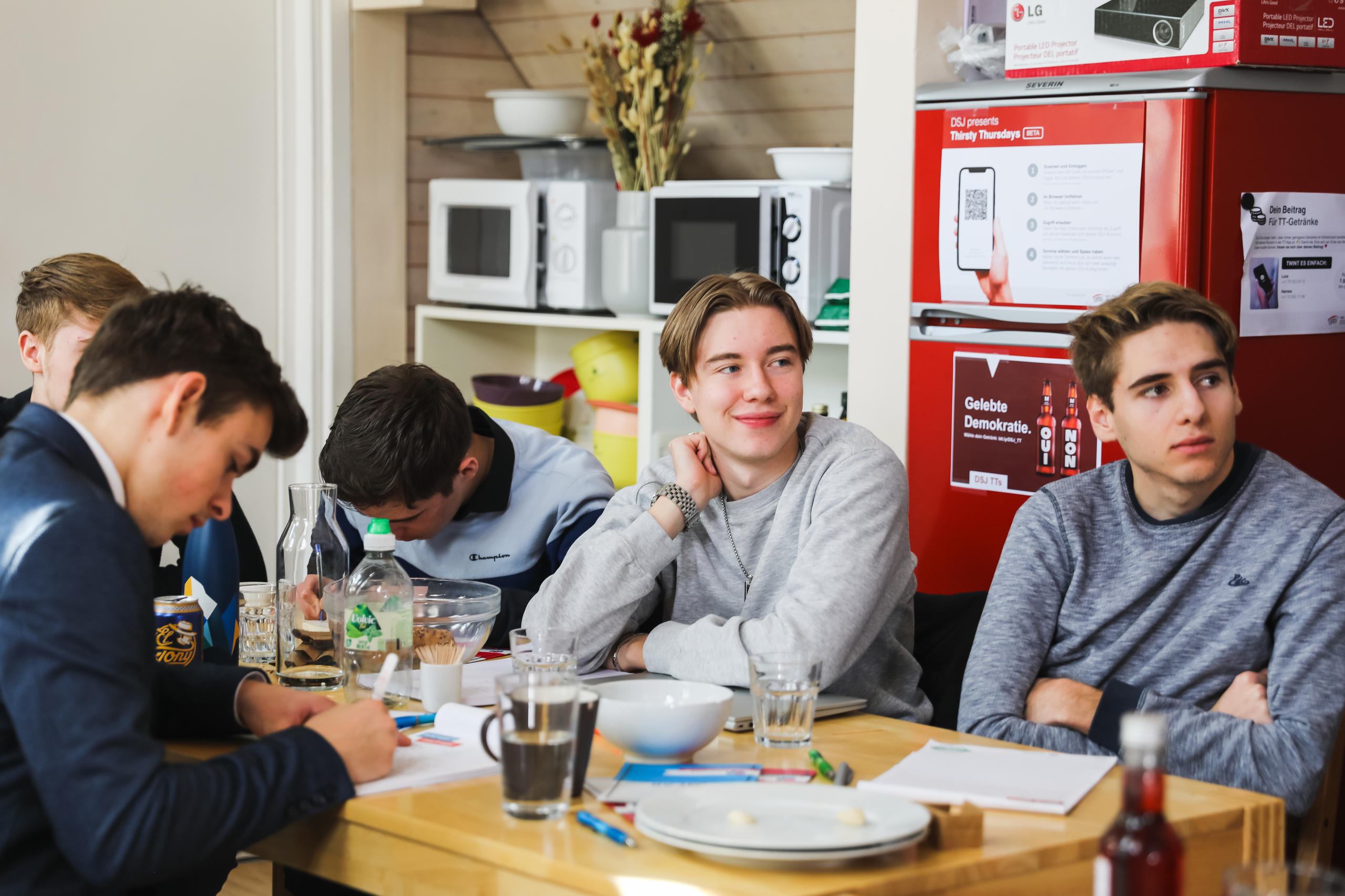
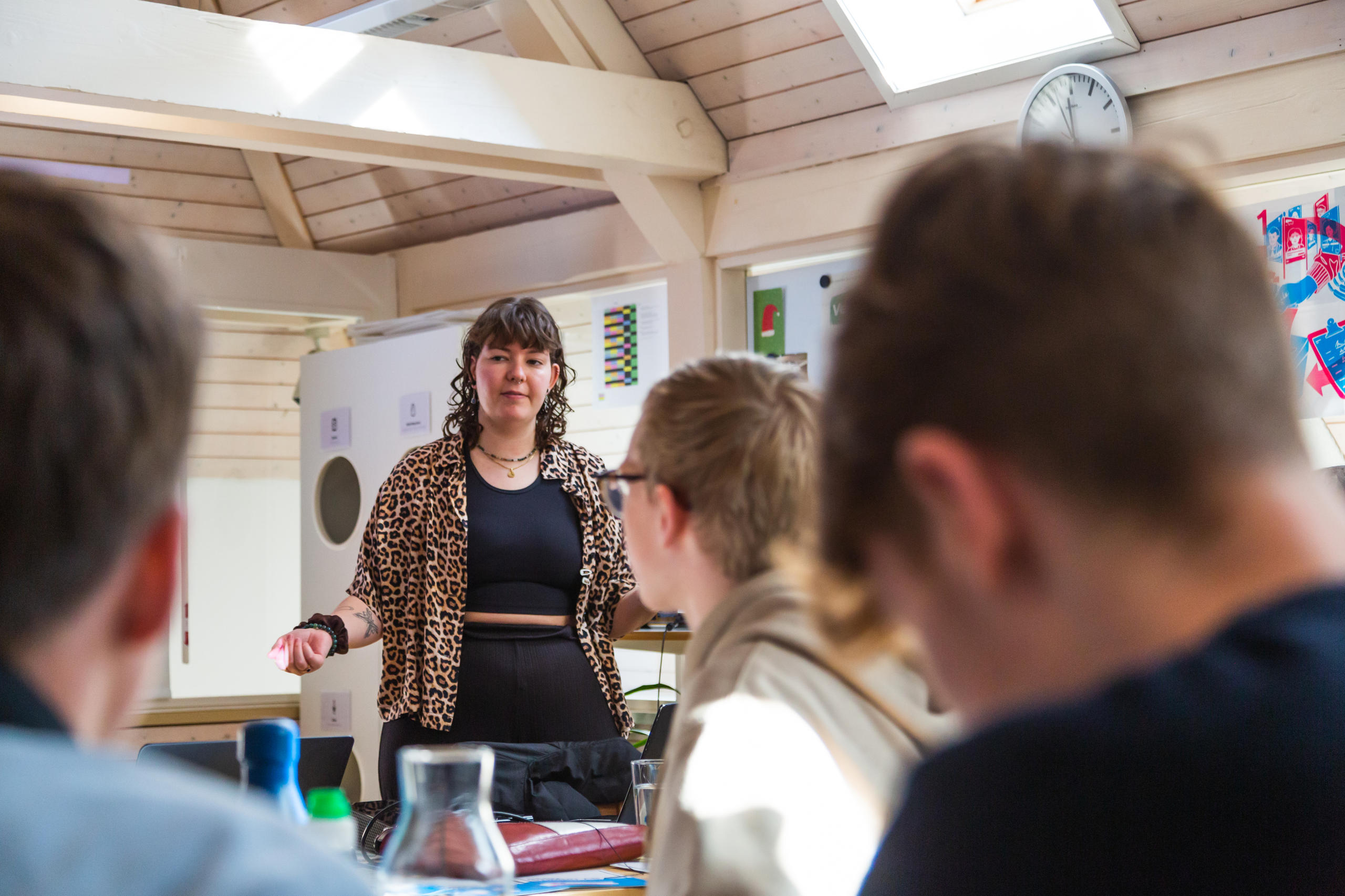
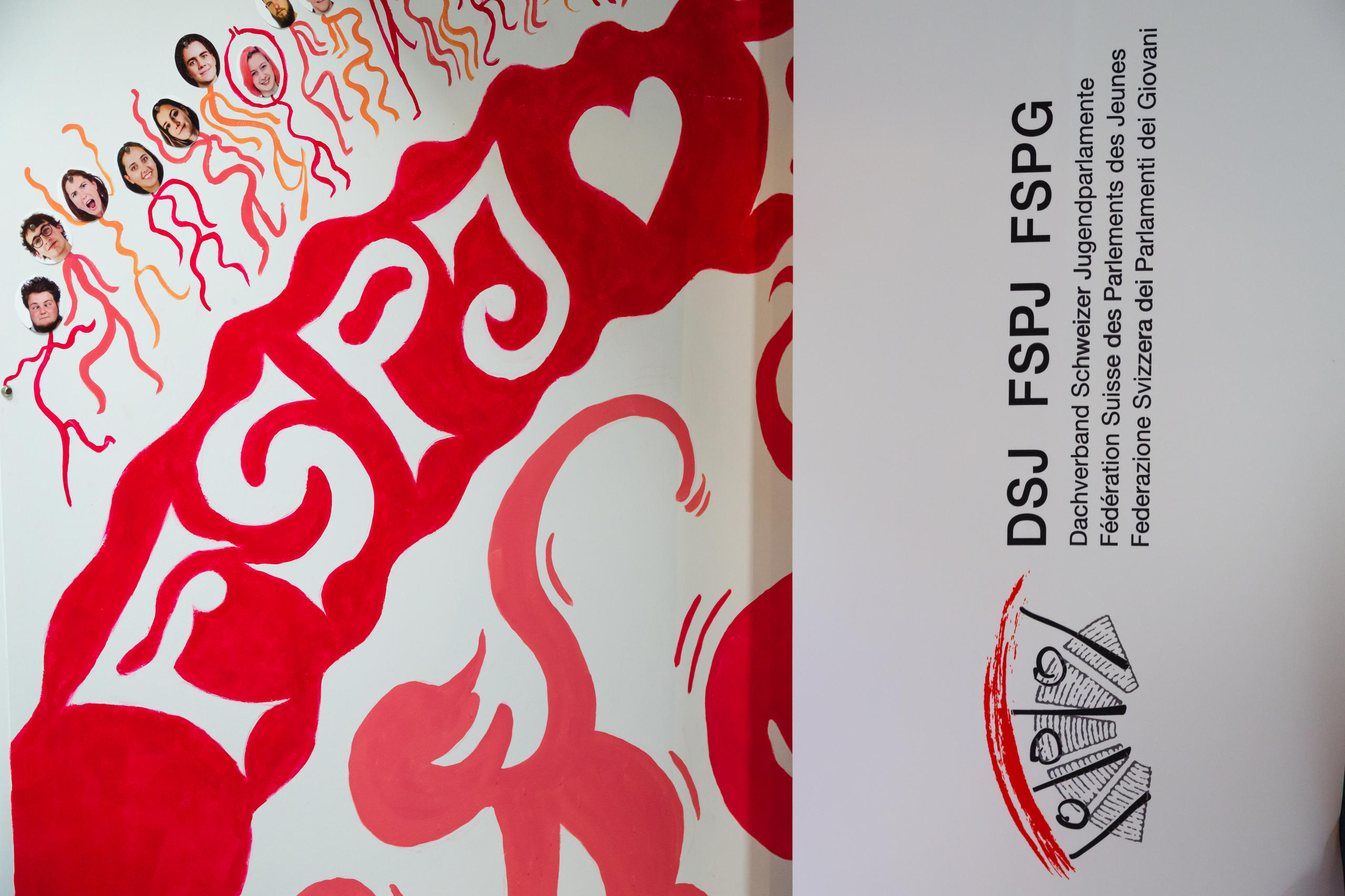
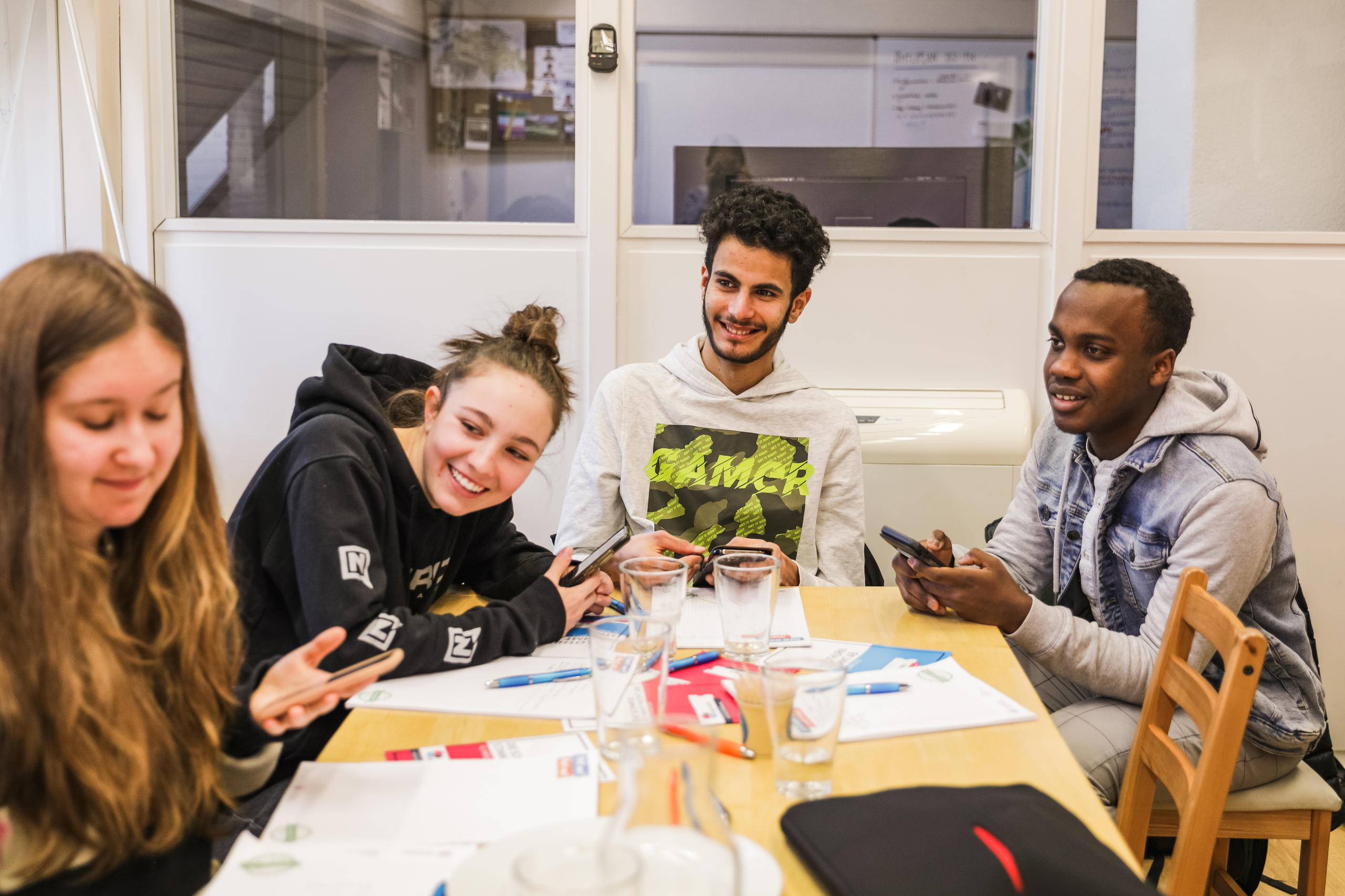
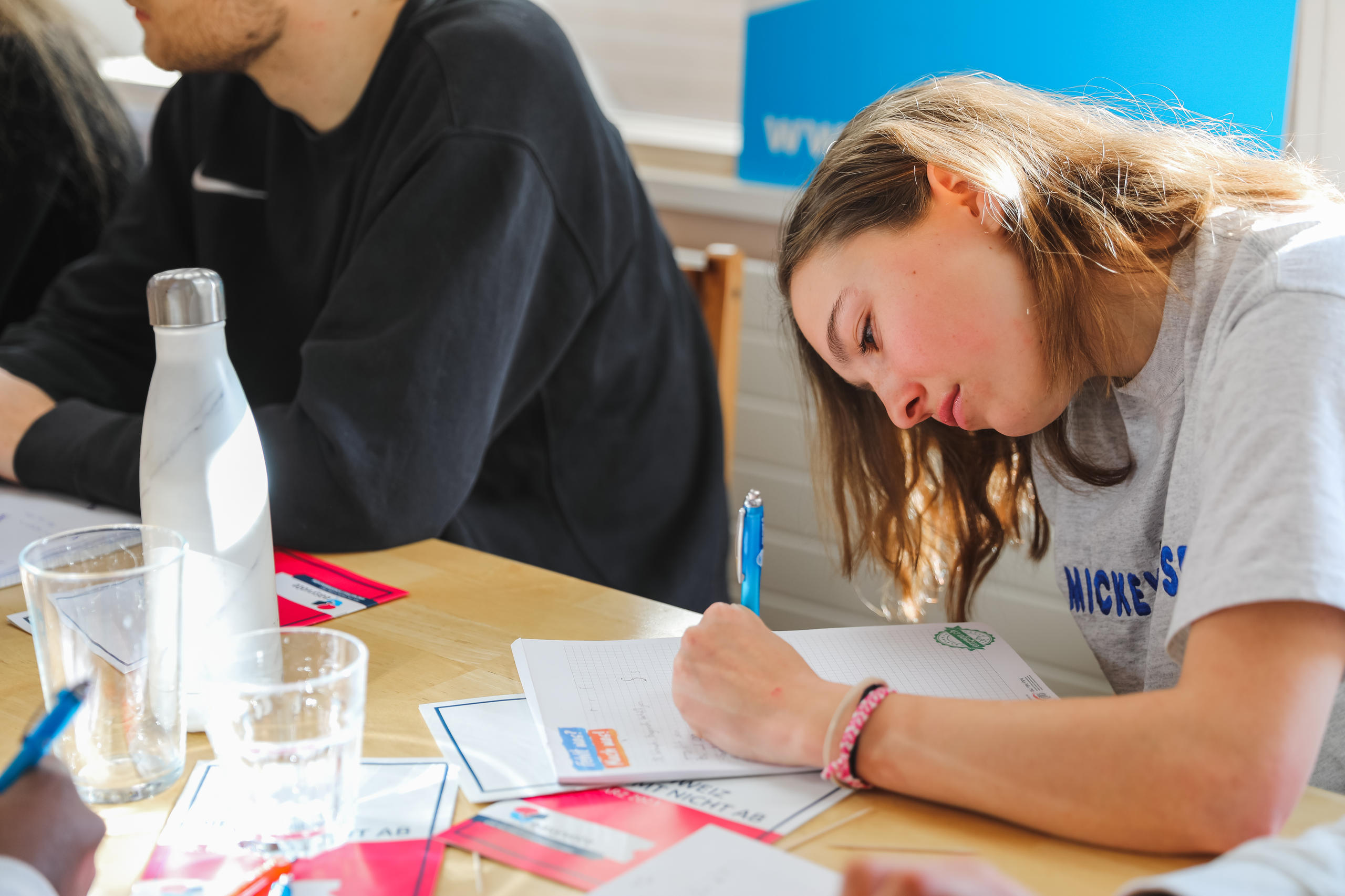

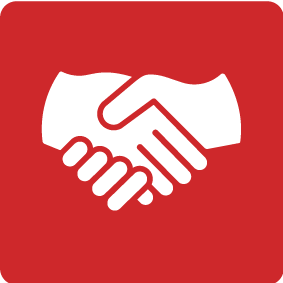
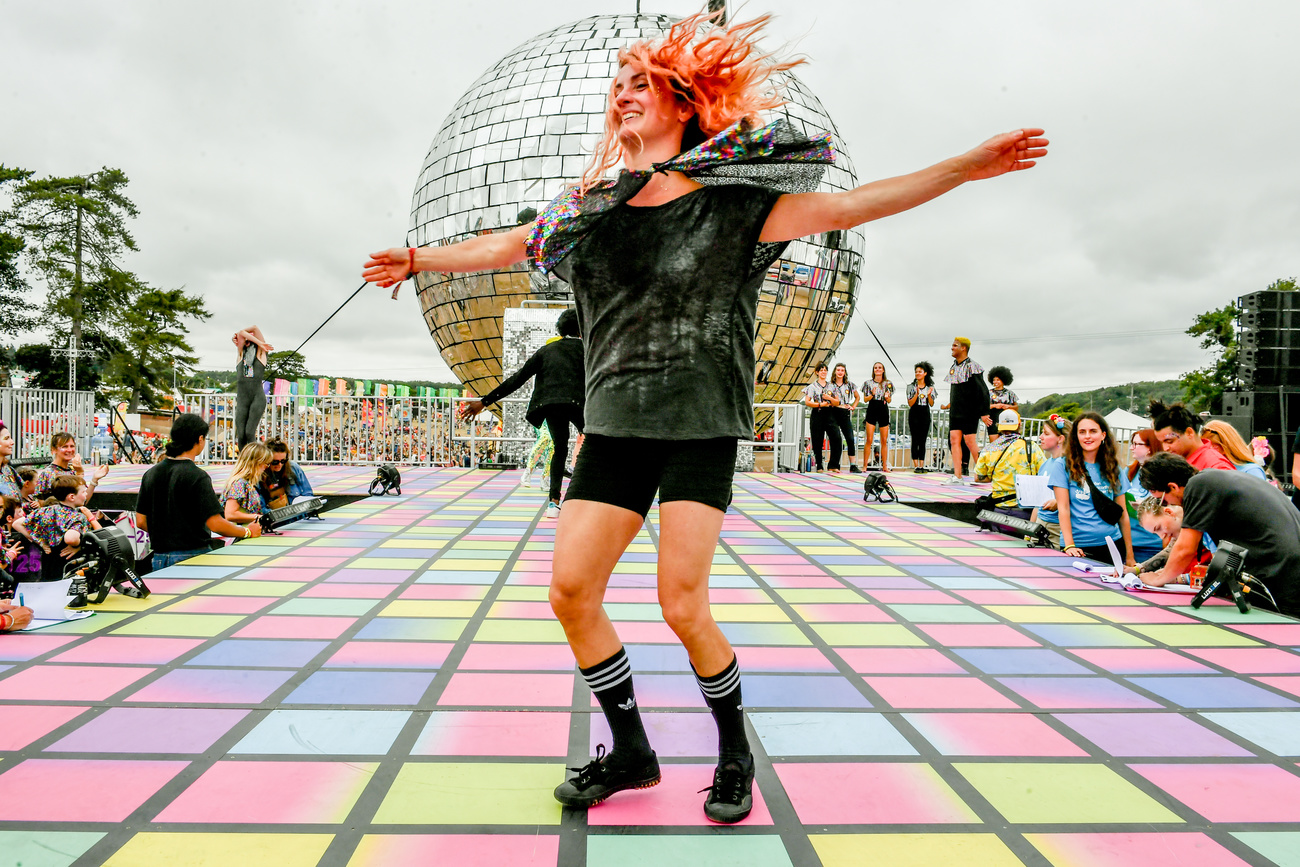


You can find an overview of ongoing debates with our journalists here . Please join us!
If you want to start a conversation about a topic raised in this article or want to report factual errors, email us at english@swissinfo.ch.